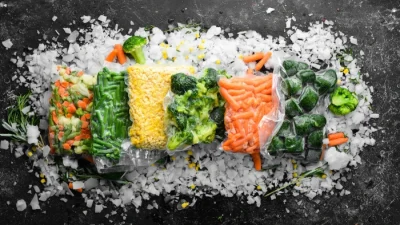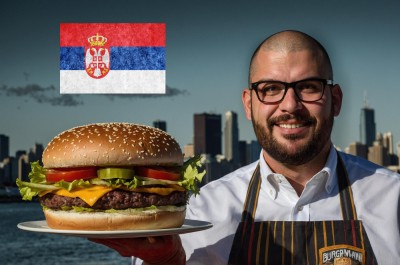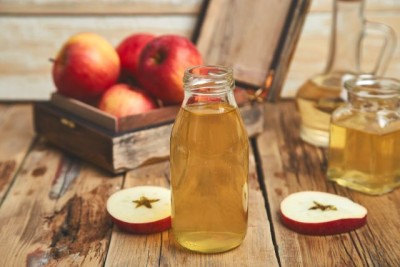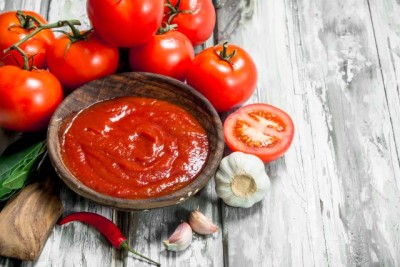Novak Djokovic’s Diet: Essential Recipes For Peak Athletic Performance
Warning: Undefined variable $post in /home/dietofli/public_html/wp-content/plugins/code-snippets/php/snippet-ops.php(584) : eval()'d code on line 3
Warning: Attempt to read property "ID" on null in /home/dietofli/public_html/wp-content/plugins/code-snippets/php/snippet-ops.php(584) : eval()'d code on line 3
The estimated reading time is 7 minutes
Warning: Undefined variable $post in /home/dietofli/public_html/wp-content/plugins/oxygen/component-framework/components/classes/code-block.class.php(115) : eval()'d code on line 3
Warning: Attempt to read property "ID" on null in /home/dietofli/public_html/wp-content/plugins/oxygen/component-framework/components/classes/code-block.class.php(115) : eval()'d code on line 3
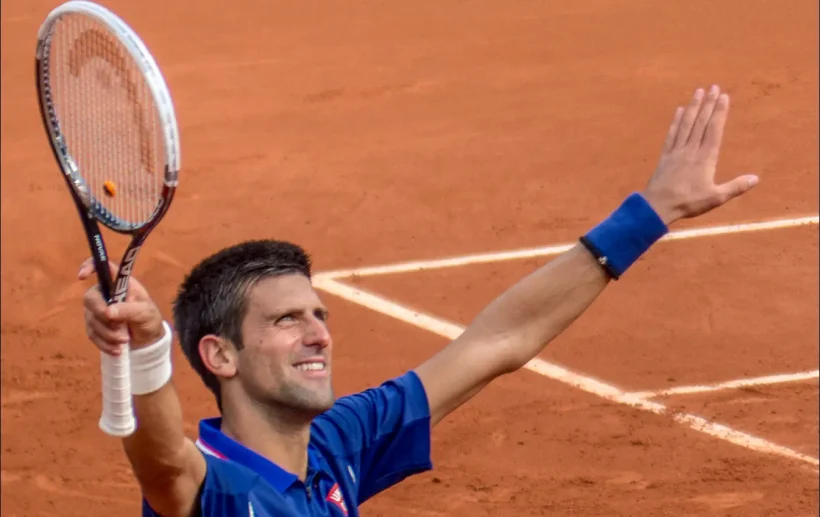
Novak Djokovic, one of the greatest tennis players of all time, credits much of his success to his meticulously planned diet. His approach to nutrition is not just about fueling his body but also nurturing his mind and spirit. Djokovic follows a gluten-free, dairy-free, and largely plant-based diet, focusing on fresh, organic foods that support his performance and overall well-being. This article delves into the details of his diet, including specific foods, meal timing, hydration strategies, and recipes that form the foundation of his nutrition plan.
A Holistic Approach to Nutrition
Djokovic’s philosophy toward food is holistic, recognizing that nutrition impacts not only physical performance but also mental clarity and emotional balance. His diet is designed to optimize digestion, reduce inflammation, and provide sustained energy for his demanding schedule. Central to his approach is the elimination of gluten and dairy, along with an emphasis on fresh, organic, and mostly plant-based foods.
The Gluten-Free Transformation
Djokovic’s journey to a gluten-free diet began in 2010 when he discovered that gluten was contributing to his respiratory issues and fatigue. By eliminating gluten, Djokovic found that his energy levels improved dramatically, and he felt lighter and more focused. This dietary change involved replacing common gluten-containing foods with alternatives like quinoa, buckwheat, and brown rice.
Dairy-Free for Better Digestion
In addition to going gluten-free, Djokovic also removed dairy from his diet. He found that dairy caused digestive discomfort and sinus issues, which impacted his performance. By eliminating dairy, he experienced further improvements in digestion and overall well-being. He now uses plant-based milk alternatives and enjoys dairy-free yogurt and cheese made from nuts.
The Power of Plant-Based Nutrition
While not strictly vegan, Djokovic’s diet is predominantly plant-based. He prioritizes fresh vegetables, fruits, nuts, seeds, and lean proteins. These foods provide essential vitamins, minerals, and antioxidants that support his immune function and recovery.
Lean Proteins for Muscle Repair
To support muscle repair and recovery, Djokovic includes lean proteins like fish, chicken, and eggs in his diet. He also incorporates plant-based proteins such as legumes, tofu, and quinoa, ensuring he gets the nutrients he needs without relying heavily on animal products.
Hydration: The Lifeblood of Performance
Proper hydration is crucial for Djokovic, especially given the physical demands of tennis. He focuses on drinking water, coconut water, and herbal teas to stay hydrated and replenish electrolytes. Sugary drinks and caffeine are avoided to prevent dehydration and energy crashes.
Meal Timing and Intermittent Fasting
Djokovic practices intermittent fasting, limiting his eating window to 8-10 hours each day. This approach helps regulate digestion, promote fat burning, and enhance mental clarity. His meals are carefully timed to ensure he has the energy needed for training and competition.
Supplements for Optimal Performance
While Djokovic’s diet is nutrient-rich, he also uses supplements to ensure he meets all his nutritional needs. These include vitamin D, omega-3 fatty acids, magnesium, probiotics, and multivitamins, all of which support his overall health and athletic performance.
The Role of Mindfulness and Gratitude
Djokovic’s approach to food is also deeply rooted in mindfulness and gratitude. He practices mindful eating, savoring each bite and being aware of the sensations and emotions that arise during meals. This practice enhances his enjoyment of food and fosters a positive relationship with his body and the environment.
The Impact of Djokovic’s Diet on His Performance
Since adopting his gluten-free, dairy-free, and largely plant-based diet, Djokovic has experienced significant improvements in his health, energy levels, and athletic performance. He credits his diet with helping him recover quickly from matches, maintain stamina, and avoid injuries and illnesses that can derail an athlete’s career.
Recipes in Novak Djokovic’s Diet
Here are some recipes that align with Novak Djokovic's dietary principles to help you better understand what he eats.
1. Gluten-Free Quinoa Salad with Avocado and Spinach
Ingredients:
- 1 cup quinoa
- 2 cups water or vegetable broth
- 1 ripe avocado, diced
- 2 cups fresh spinach, chopped
- 1 cup cherry tomatoes, halved
- 1/4 cup red onion, finely chopped
- 2 tablespoons extra virgin olive oil
- Juice of 1 lemon
- Salt and pepper to taste
- 1/4 cup chopped fresh parsley or cilantro
Instructions:
- Rinse the quinoa under cold water. In a medium saucepan, bring the water or vegetable broth to a boil. Add the quinoa, reduce the heat to low, cover, and simmer for about 15 minutes, or until the quinoa is cooked and the liquid is absorbed. Fluff with a fork and let cool.
- In a large mixing bowl, combine the cooked quinoa, avocado, spinach, cherry tomatoes, and red onion.
- In a small bowl, whisk together the olive oil, lemon juice, salt, and pepper.
- Pour the dressing over the salad and toss gently to combine.
- Garnish with fresh parsley or cilantro and serve immediately.
2. Dairy-Free Almond Milk Smoothie
Ingredients:
- 1 cup unsweetened almond milk
- 1 banana
- 1/2 cup frozen berries (strawberries, blueberries, or raspberries)
- 1 tablespoon almond butter
- 1 tablespoon chia seeds
- 1 teaspoon honey or maple syrup (optional)
- A few ice cubes
Instructions:
- Place all the ingredients in a blender.
- Blend on high until smooth and creamy.
- Pour into a glass and enjoy immediately.
3. Grilled Salmon with Quinoa and Steamed Vegetables
Ingredients:
- 2 salmon fillets
- 1 tablespoon extra virgin olive oil
- Juice of 1 lemon
- Salt and pepper to taste
- 1 cup quinoa
- 2 cups water or vegetable broth
- 1 cup broccoli florets
- 1 cup carrot slices
- 1 cup zucchini slices
Instructions:
- Preheat the grill to medium-high heat.
- Drizzle the salmon fillets with olive oil and lemon juice, then season with salt and pepper.
- Grill the salmon for about 4-5 minutes per side, or until it flakes easily with a fork.
- While the salmon is grilling, prepare the quinoa as described in the first recipe.
- Steam the vegetables until tender.
- Serve the grilled salmon over a bed of quinoa with the steamed vegetables on the side.
4. Vegetable Stir-Fry with Tofu
Ingredients:
- 1 block firm tofu, drained and cubed
- 2 tablespoons extra virgin olive oil
- 1 onion, sliced
- 1 bell pepper, sliced
- 1 cup broccoli florets
- 1 cup snap peas
- 2 carrots, julienned
- 2 garlic cloves, minced
- 1 tablespoon fresh ginger, grated
- 2 tablespoons tamari or gluten-free soy sauce
- 1 tablespoon sesame oil
- 1 tablespoon sesame seeds
- Cooked brown rice, for serving
Instructions:
- In a large pan or wok, heat the olive oil over medium-high heat. Add the tofu and cook until golden brown on all sides. Remove and set aside.
- In the same pan, add the onion, bell pepper, broccoli, snap peas, and carrots. Stir-fry for about 5 minutes, or until the vegetables are tender-crisp.
- Add the garlic and ginger and cook for an additional 2 minutes.
- Return the tofu to the pan, then add the tamari and sesame oil. Stir well to combine and heat through.
- Sprinkle with sesame seeds and serve over brown rice.
5. Dairy-Free Chia Seed Pudding
Ingredients:
- 1 cup unsweetened almond milk
- 3 tablespoons chia seeds
- 1 teaspoon vanilla extract
- 1 tablespoon maple syrup or honey (optional)
- Fresh berries, for topping
Instructions:
- In a medium bowl, whisk together the almond milk, chia seeds, vanilla extract, and maple syrup or honey.
- Cover and refrigerate for at least 4 hours, or overnight, until the mixture thickens and the chia seeds have absorbed the liquid.
- Stir the pudding before serving, and top with fresh berries.
6. Roasted Sweet Potatoes with Avocado and Black Beans
Ingredients:
- 2 large sweet potatoes, washed and cut into wedges
- 2 tablespoons extra virgin olive oil
- 1 teaspoon ground cumin
- 1 teaspoon paprika
- Salt and pepper to taste
- 1 ripe avocado, sliced
- 1 cup cooked black beans, drained and rinsed
- Fresh cilantro for garnish
- Lime wedges for serving
Instructions:
- Preheat the oven to 400°F (200°C). Line a baking sheet with parchment paper.
- In a large bowl, toss the sweet potato wedges with olive oil, cumin, paprika, salt, and pepper.
- Spread the sweet potatoes on the baking sheet in a single layer and roast for 25-30 minutes, or until tender and golden brown.
- Remove from the oven and let cool slightly.
- Arrange the sweet potatoes on a serving plate, top with sliced avocado and black beans, and garnish with fresh cilantro.
- Serve with lime wedges on the side.
Conclusion: A Diet for Longevity and Success
Novak Djokovic’s diet is a testament to the power of mindful eating and making informed nutritional choices. By following a gluten-free, dairy-free, and largely plant-based diet, Djokovic has been able to optimize his physical performance
Please share with your family and friends.

